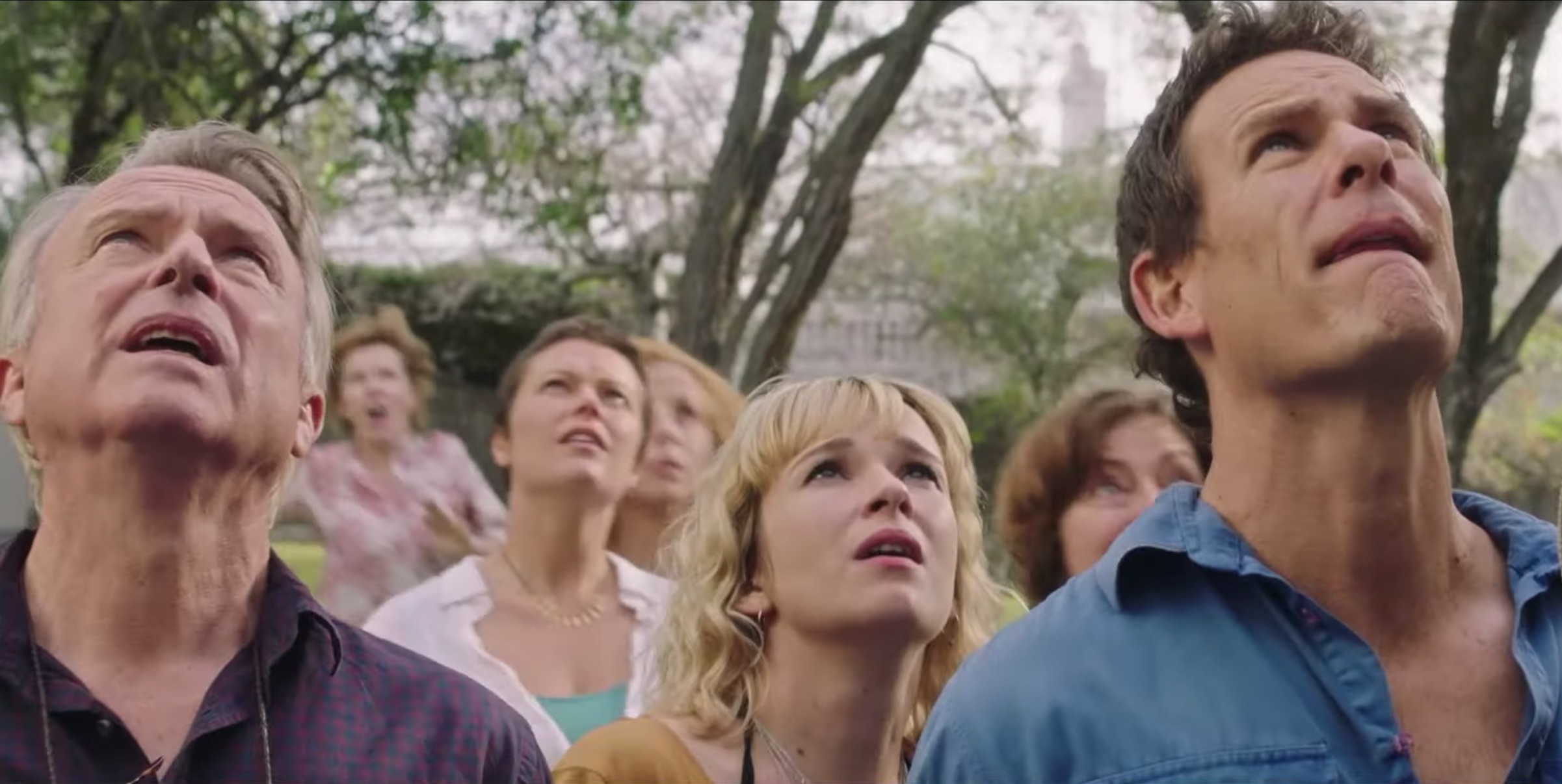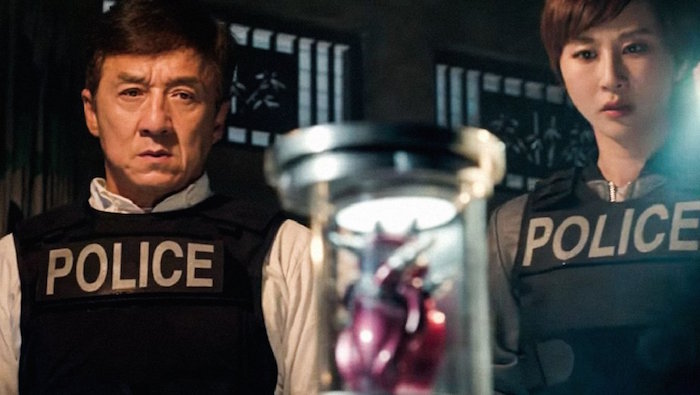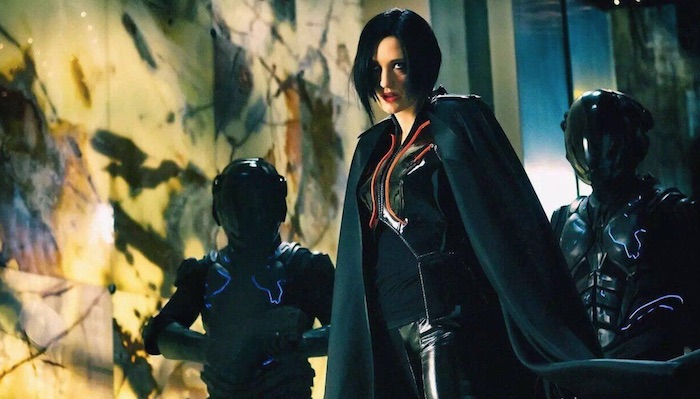PALM BEACH
 Wednesday, June 5, 2019 at 2:37PM
Wednesday, June 5, 2019 at 2:37PM Stars: Bryan Brown, Greta Scacchi, Sam Neill, Jacqueline McKenzie, Richard E. Grant, Heather Mitchell, Matilda Brown, Aaron Jeffery, Claire van der Boom and Charlie Vickers.
Writers: Joanna Murray Smith and Rachel Ward.
Director: Rachel Ward
Reviewed at the OPENING NIGHT of the 2019 Sydney Film Festival, held at the State Theatre, Sydney on June 5.
Rating: ★ ★ ½

An amiable meander across the surface of middle-age melancholy, director Rachel Ward leaves little stylistic or narrative footprint on her second feature, Palm Beach. Largely turning her film over to production designer Melinda Doring and art director Sophie Nash, Ward’s boomer friendship fantasy is light on real world issues and heavy on champers, sunshine and how life’s little hiccups can take the sheen off wealthy privilege. Unlike the vast blue expanse off the titular shoreline, this is pretty shallow stuff.
Set amongst the bushy, seaside millionaire’s row at the far end of Sydney’s northern beaches, the thematic thrust of Palm Beach addresses that mature life moment when that which fulfils you, however shallow, comes under threat. For birthday boy Frank (Bryan Brown), it might be his aimless son Dan (Charlie Vickers), who may be the by-product of a fling between Frank’s wife Charlotte (Greta Scacchi) and friend Leo (Sam Neill); for snotty cad Billy (Richard E Grant), it is his ad industry status and the aging glamour of his actress wife Eva (Heather Mitchell), herself struggling with career transition; and, for Leo’s noble wife Bridget (cast standout Jacqueline McKenzie, terribly underused), it is the life and love she has for husband and family.
Most of the first act is spent establishing the raffish bond the men share, the by-product of their days as mid-70s one-hit wonders The Pacific Sideburns (!) Having gathered at Frank’s sun-dappled mansion, they drink and sing and eat, just as Lawrence Kasdan’s ensemble did but with far greater resonance in 1983s The Big Chill (clearly the template for Ward and co-scripter, Joanna Murray-Smith). Until the is-he-isn’t-he DNA conflict kicks in, there is little dramatic thrust, scene after scene merely coasting on the charismatic presence of a cast that works hard to make their decades’ long friendship at all believable.

The narrative moves from a boozy lunch, to a fancy dinner, to a pretty picnic, with little of convincing emotional heft at stake. Laughs come cheap, including such uninspiring set-ups as a farting yoga moment, a drunk-in-a-treehouse sequence and a stiffie joke (in service of a stiffie subplot). Some rote hospital scenes allow for Brown and Scacchi to capital-E emote; the ‘genetic origins’ drama resolves in an entirely perfunctory manner (admittedly, earning one of the film's few big legitimate laughs), reinforcing it was a meagre plot device to start with.
Young support players, including the director’s daughter Matilda Brown as Frank and Charlotte’s eldest child and Claire van der Boom and Aaron Jeffery as hot-&-cold lovers, are ok; Jeffery’s Esky-carrying, beer-drinking, squared-jaw sheep farmer is so morally upstanding his working-class hero is essentially the film’s ‘noble savage’ archetype. The top-heavy cast list means many of the actors are little more than background movement for long passages (particularly Grant, who seems to disappear entirely at key moments). Australia’s diverse multicultural society gets a tokenistic look-in when an Asian doctor and a cabbie of indeterminate European origin pop up for line readings.
In her feature directorial debut Beautiful Kate (getting a retro run at this year’s Sydney Film Festival), Rachel Ward weaved a solid dramatic thriller out of a ‘secrets of the past encroaching on the present’ premise; the inherent darkness of spirit and core existential struggle present in the 2009 film seemed to energise her storytelling. No similar elements exist in Palm Beach; it merely reinforces the perception held by much of rest of The Harbour City’s population that the suburb is an elite social enclave. If it does reflect anything truthful about modern Sydney society, it is that just because you’re pretty, it doesn’t mean you’re interesting.
 Australian film,
Australian film,  Sydney,
Sydney,  Sydney Film Festival
Sydney Film Festival 






